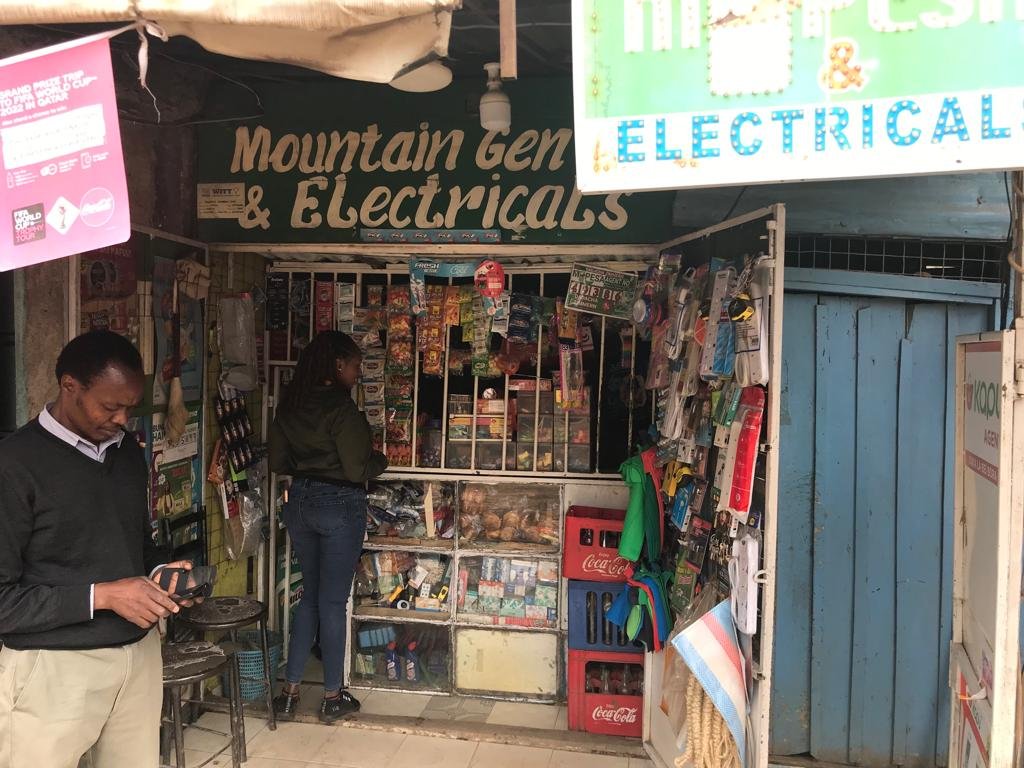The value of "front-line DNA"
At Kapu, the company I work at, we have this value called “front-line-DNA”.
It’s the idea that every week you need to go to the market and talk to our agents and customers. Sometimes it’s to answer specific questions you have, but sometimes it’s just to experience what things are really like, and notice potential issues.
There are three main benefits of front-line DNA:
It allows you to test specific ideas quickly: “Can we give you a sign to display prices?” “No, I don’t have time to update the sign.” Ok, we’ll move onto the next idea.
It lets you understand the problems people face better: For example, certain parts of our app flow take a long time to load on agent’s phones which are way slower than mine
It builds your instincts about how things work in our business. Two I’ve built are “everything has to be 10x simpler than I initially think it should be” and “agents do not read text messages - unless they are about their commissions”
This has changed how I approach problem-solving outside of this particular job. Some examples:
Last weekend, my girlfriend and I had an idea for a business doing importing of goods from China to sell to petty traders. Instead of thinking about it in the abstract for too long, we just went downtown and talked to 6 traders and realized most of them already had quite efficient supply chains. Scrap that idea.
If I move into an administrative role later in my career, I will be sure to make time each week to talk directly with the end beneficiaries (e.g., customers)
If I were to start a charity working in a particular country, I would move to that country (sounds obvious but not everybody does this)
It’s not a universal golden rule though. For example:
The more similar your product is to other things already on the market, the less important front-line DNA is
Sometimes testing your product with one set of users might be enough to be sure it works with another set.
For example Meta has hundreds of millions of users in Africa (especially WhatsApp), but does not do any UX testing on the continent. Maybe they would have a better product if they did user testing in Africa, but they seem to have done alright basing decisions on input from users in other countries.
On balance, “spend a lot of time with the people whose problems you’re trying to solve” seems like super obvious advice, but I think it is still underrated in the worlds of “development”, philanthropy, consulting, and Effective Altruism.


